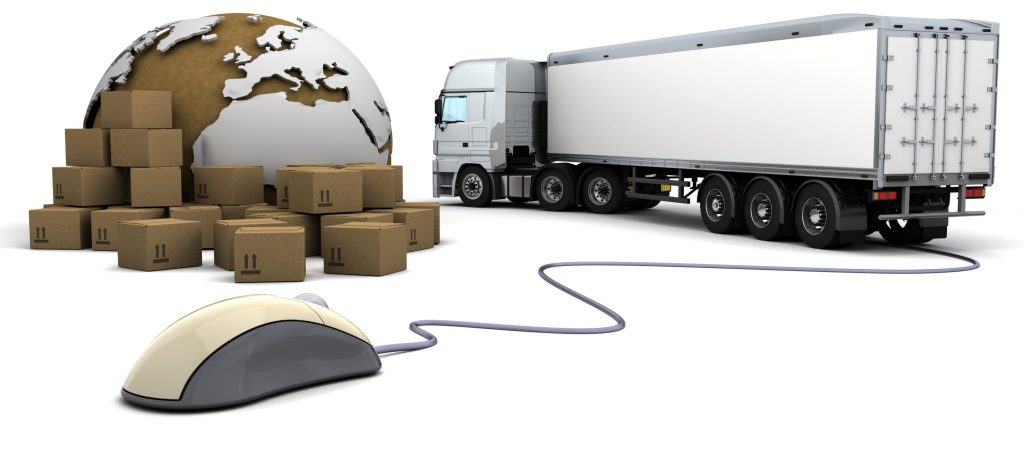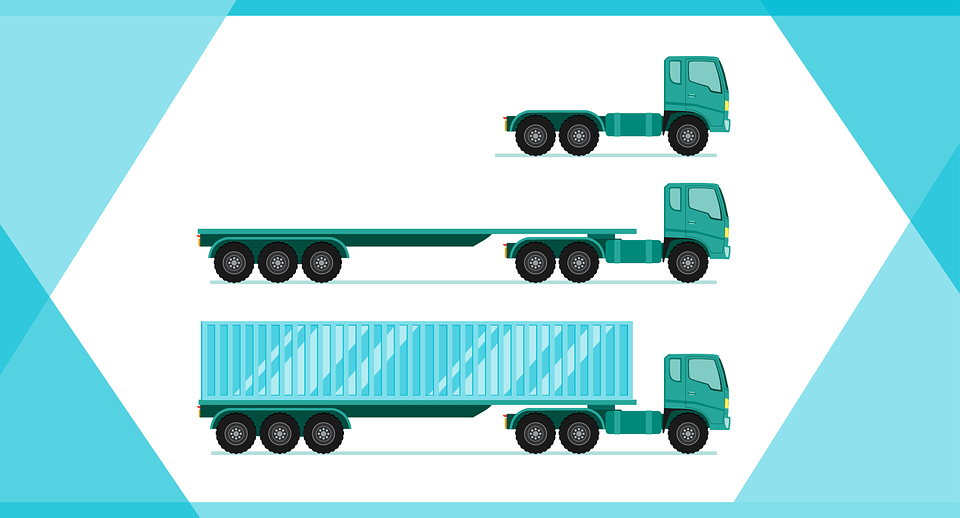The automotive industry just like any other industry today has been hugely impacted by technology. Thanks to some groundbreaking technological innovation, various processes in all areas of dealership management have been significantly improved for the good of both the customer and the dealer. When it comes to Automotive industry the importance of inventory management can’t be emphasised enough. An accurate assessment of inventory can mean the difference between profit and loss. So, there’s always huge pressure on manufacturing industries, like automotive to always be updated on their inventory.
The main purpose of inventory management is to ensure the availability of materials in sufficient amount as and when needed. Raw material, semi-finished products, finished products, all form part of the inventory. For automotive industries, knowing where they stand in terms of their manufacture and sales is important. With proper inventory management, businesses are well-equipped to handle any challenging customer demands. Through the course of this blog, we’ll discuss how inventory management facilitates automotive businesses in their various activities.
Inventory Management: The Determining Factor

With so many upgrades and customizations available in automobiles, it imperative that car manufacturers and dealers are kept in the loop with regards to how the car is finally delivered to the customer. With increasing amount of attention being paid to customer personalisation, it might be difficult to keep up with various demands. A good inventory management system is the way to stay on top of the game; it allows for smoother delivery of orders, clear communication between different parties and also limits mistakes caused due to human error. There are now several powerful softwares that are available for businesses to use for this very reason, and serve many functions. Apps like Profit Max now allow you to monitor the ordering and storing of vehicles at your dealership, and help you make the most of your business. These systems could very well be the difference between failure and success and how can they help you with the latter?
1. Inventory: Get real-time updates on the number and kind of vehicles that you have, and analyse historical data to determine those that are the most profitable. These softwares can help you keep an eye on your inventory and provide you with direction on the kind of cars that you need to order, based on current demand and the tastes of the customers that visit your dealership.

2. Tracking: This feature can help you give your customers realistic delivery deadlines and ensure maximum satisfaction. You can monitor purchases and ensure that the right price reaches the customer. It reduces human interactions to resolve queries, which are often bogged down by delays and half information. You can monitor several locations from a single source, follow up on customer queries like returns and defects, stock up on essential parts and prevent delays, and keep track of assets.
3. Scheduling: These softwares allow you to add multiple teams to the task at hand and ensure that all manufacturing processes are completed in time. This gives you the ability to plan out the entire order, from manufacturing to delivery. Certain budgeting features also give you an idea of the landing costs and projected future costs, allowing you to stay within the budget. You can also review progress in real time for individual tasks, optimising the workflow.

4. Work orders: As mentioned earlier, softwares allow you to add different teams. By standardising the process at every level, you can make sure that every stage of the order is completed satisfactorily. A small defect can determine the satisfaction of the customer, and by logging in details, you can limit the number of mistakes that are made. Convey customer specific requests to the respective team, and ensure that nothing is lost due to lack or false information.

5. Shipping: Making sure that your customers get the right (and complete) delivery of the product is the most important part of the business. Inventory management softwares map out the shipping process with projected costs so that everyone can be informed about the money that they have to spend. You can keep in touch with customers and log their queries in a single place in case of a future conflict. Real-time inventory updates can keep the team updated on completed and pending deliveries.
6. Accounting: Keeping track of accounts helps you plan for the future and develop better business plans. These softwares have a dedicated accounting section where everything is logged automatically, giving you a better picture of the total costs. You can keep track of all your inventory and the costs in one place. You can also be informed of and analyse previous data, to establish pricing patterns, vendor satisfaction, etc.
Bottomline:
The biggest advantage of the digital world is that you are constantly connected. Technology and smart devices allow you to stay on top of the most minute details- the devil is in the details after all- and ultimately, on top of the competition. These softwares can be integrated into mobile devices in the form of apps to increase functionality and convenience, benefiting the business as well as the customer. The time for synchronous process is running out; keeping up with technology and making sure that your customers are satisfied with the product is an essential part of staying ahead of the curve. Contact Code Brew Labs for mobile solutions that can help you achieve this goal.







Keeping track of inventories in the warehouse can be a very tedious job as counting each and every goods or materials stored there can be very time consuming and requires lots of efforts. Hence it is always advisable to use inventory management software.